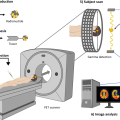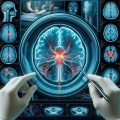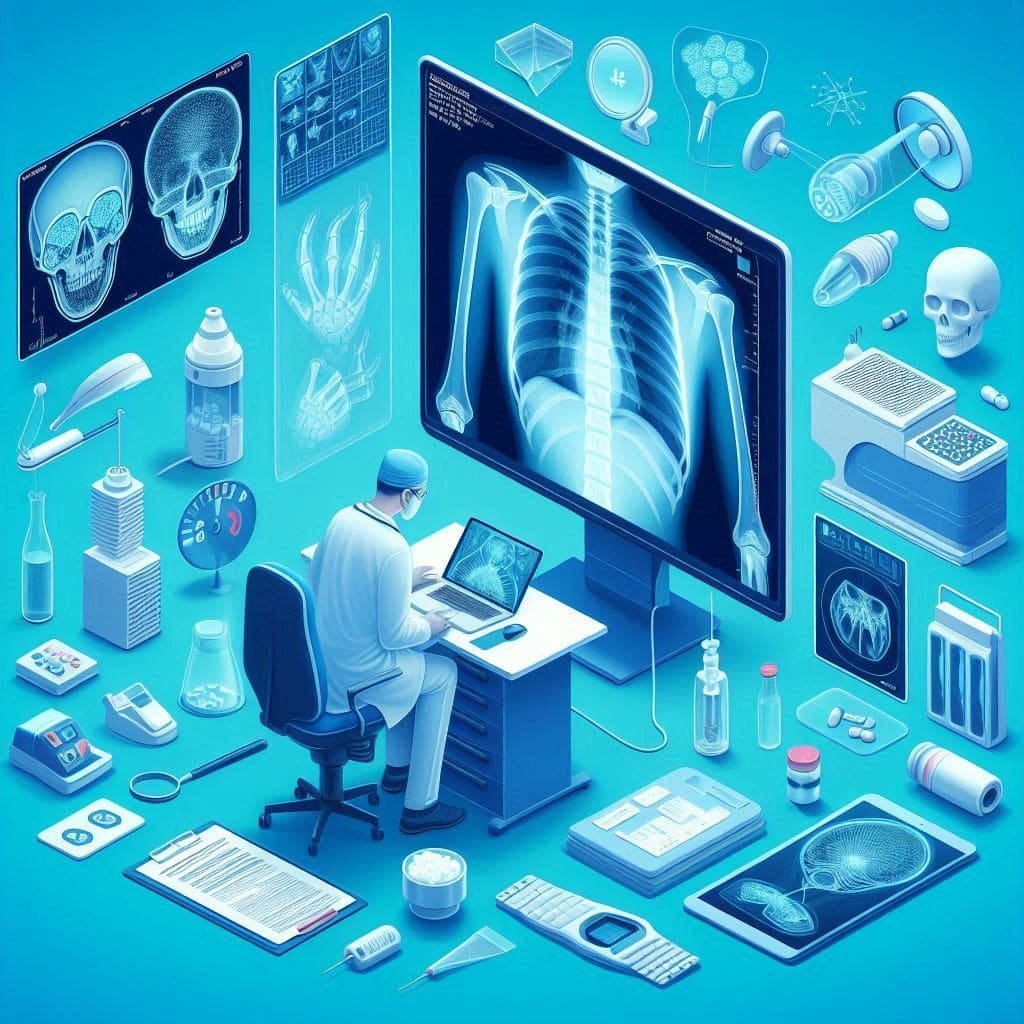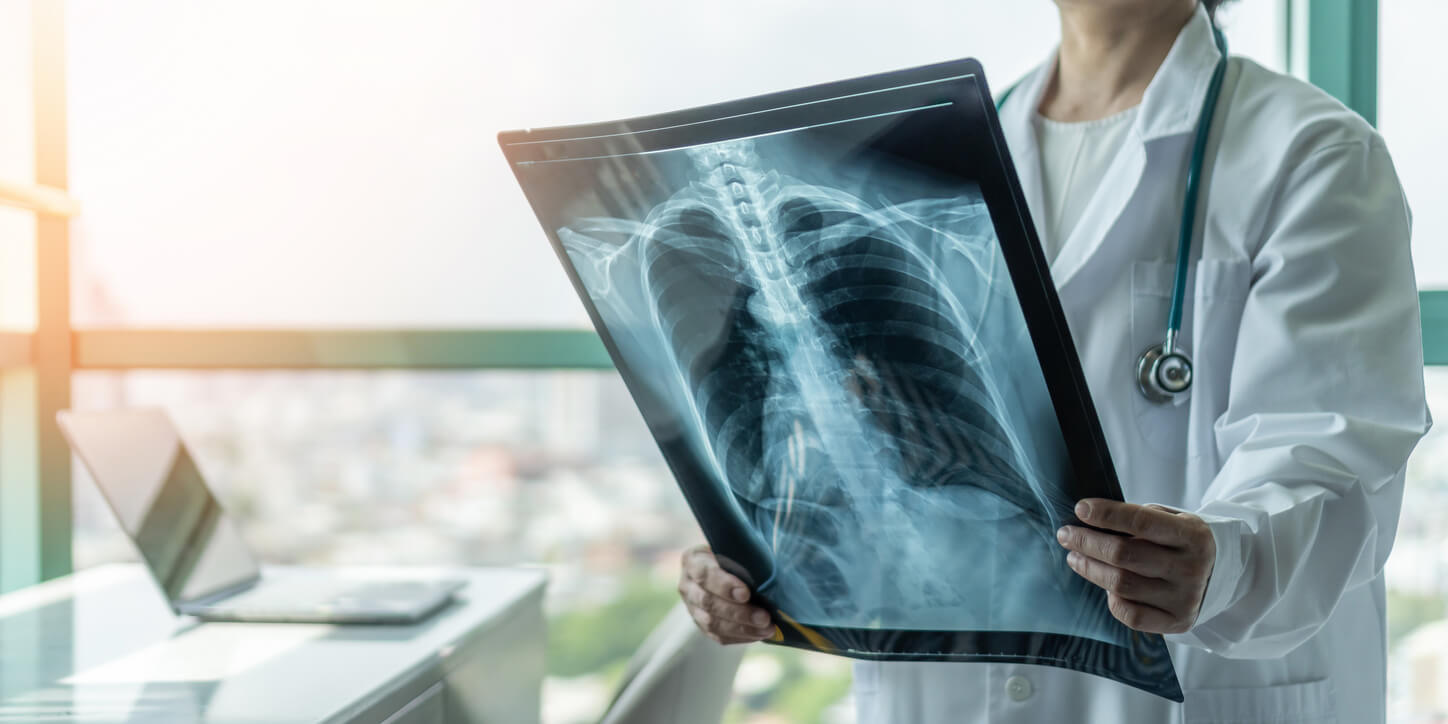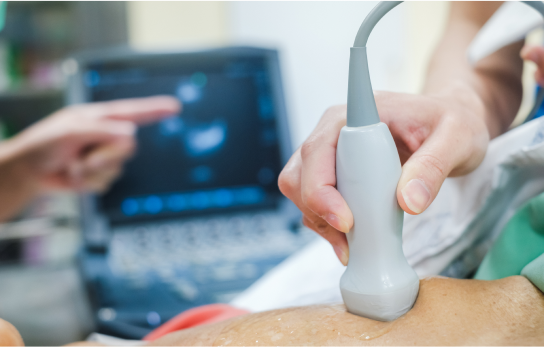
Understanding Cardiac Health: ECHO and ECG Explained
Maintaining cardiac health is vital for overall well-being. With heart disease being a leading cause of death worldwide, regular monitoring of your heart’s health is essential. Two critical diagnostic tools in this process are the echocardiogram (ECHO) and electrocardiogram (ECG). In this guide, we’ll delve into how these tests work, what they reveal about your heart, and their role in preserving cardiovascular wellness.
The Importance of Cardiac Health
Why Cardiac Health Matters
Cardiac health is paramount as heart disease remains a significant health issue globally. Factors like diet, exercise, and stress levels can significantly impact your heart. Understanding these factors and how they affect your heart can lead to better health decisions and prevent severe conditions.
Early Detection and Prevention
Early detection of heart issues can save lives. Regular check-ups and monitoring can prevent serious conditions by catching problems early, allowing for timely and effective treatment. At Dokki Scan Radiology Center, we emphasize the importance of preventive care to maintain a healthy heart.
Introduction to ECHO (Echocardiogram)
What is an ECHO?
An echocardiogram, commonly known as an ECHO, is a non-invasive test that uses ultrasound waves to create images of the heart. It helps in assessing the heart’s structure and function. Different types of ECHO include transthoracic, transesophageal, and stress ECHO, each serving specific diagnostic purposes.
How ECHO Works
During an ECHO, a technician uses a device called a transducer to send ultrasound waves through your chest. These waves bounce off the heart structures, creating detailed images on a monitor. The procedure is painless and typically takes about 30-60 minutes.
Benefits of ECHO
ECHO provides detailed images of the heart, allowing for an accurate assessment of its size, shape, and movement. This test is crucial in diagnosing conditions like heart valve problems, congenital heart defects, and cardiomyopathy. Its non-invasive nature makes it a preferred choice for heart evaluation.
Introduction to ECG (Electrocardiogram)
What is an ECG?
An electrocardiogram, or ECG, measures the electrical activity of the heart. This test helps in detecting abnormalities in heart rhythm and other cardiac conditions. Types of ECG include resting ECG, stress ECG, and Holter monitoring.
How ECG Works
During an ECG, electrodes are placed on your chest, arms, and legs. These electrodes detect the electrical signals of your heart and record them as waves on a monitor. The procedure is quick, painless, and takes about 10 minutes.
Benefits of ECG
ECG is essential for detecting arrhythmias, heart attacks, and other cardiac conditions. It provides a quick and painless way to assess your heart’s electrical activity, helping in early diagnosis and treatment.
Comparing ECHO and ECG
Key Differences
While ECHO focuses on the heart’s structure and function, ECG assesses its electrical activity. ECHO provides detailed images, whereas ECG offers a broader overview of heart rhythm and electrical impulses.
When to Use Each Test
ECHO is typically used to evaluate the heart’s anatomy and blood flow, making it ideal for diagnosing structural issues. ECG is used to detect arrhythmias, ischemia, and other electrical problems in the heart.
Complementary Roles
Together, ECHO and ECG provide a comprehensive assessment of cardiac health. Using both tests, doctors can get a complete picture of your heart’s condition, leading to more accurate diagnoses and effective treatment plans.
Role of ECHO and ECG in Maintaining Cardiovascular Wellness
Routine Cardiac Monitoring
Regular ECHO and ECG tests are crucial for monitoring heart health. Guidelines suggest routine screenings, especially for individuals with risk factors such as high blood pressure, diabetes, or a family history of heart disease.
Case Studies
Real-life examples highlight the importance of ECHO and ECG. For instance, early detection of a heart valve issue through ECHO allowed one patient to receive timely treatment, significantly improving their quality of life.
Advice from Dokki Scan Radiology Center
Our cardiologists at Dokki Scan recommend regular ECHO and ECG screenings as part of your health routine. These tests can detect potential problems early, ensuring you receive the best care possible.
Dokki Scan Radiology Center’s Services
Why Choose Dokki Scan
At Dokki Scan Radiology Center, we pride ourselves on our state-of-the-art facilities and expert medical team. Our advanced diagnostic tools and compassionate care make us a trusted choice for your cardiac health needs.
Our ECHO and ECG Services
We offer comprehensive ECHO and ECG services tailored to meet your individual health needs. Our experienced technicians and cardiologists work together to provide accurate diagnoses and effective treatment plans. Hear from our satisfied patients who have benefited from our top-notch services.
Booking an Appointment
Prioritize your heart health today by scheduling an ECHO or ECG at Dokki Scan. Find the Dokki Scan Location or call us at (15669) to book your appointment. Our friendly staff is here to assist you with any questions and ensure you receive the best care.
Conclusion
Maintaining cardiac health is essential for a long and healthy life. ECHO and ECG tests are invaluable tools in diagnosing and monitoring heart conditions. At Dokki Scan Radiology Center, we are dedicated to helping you achieve optimal heart health through our comprehensive diagnostic services. Schedule your ECHO or ECG today and take the first step towards a healthier heart.
Prioritize your heart health with the Dokki Scan Radiology Center. Call Dokki Scan to learn more and book your appointment today!
Latest Blogs
- All Posts
- Blog






